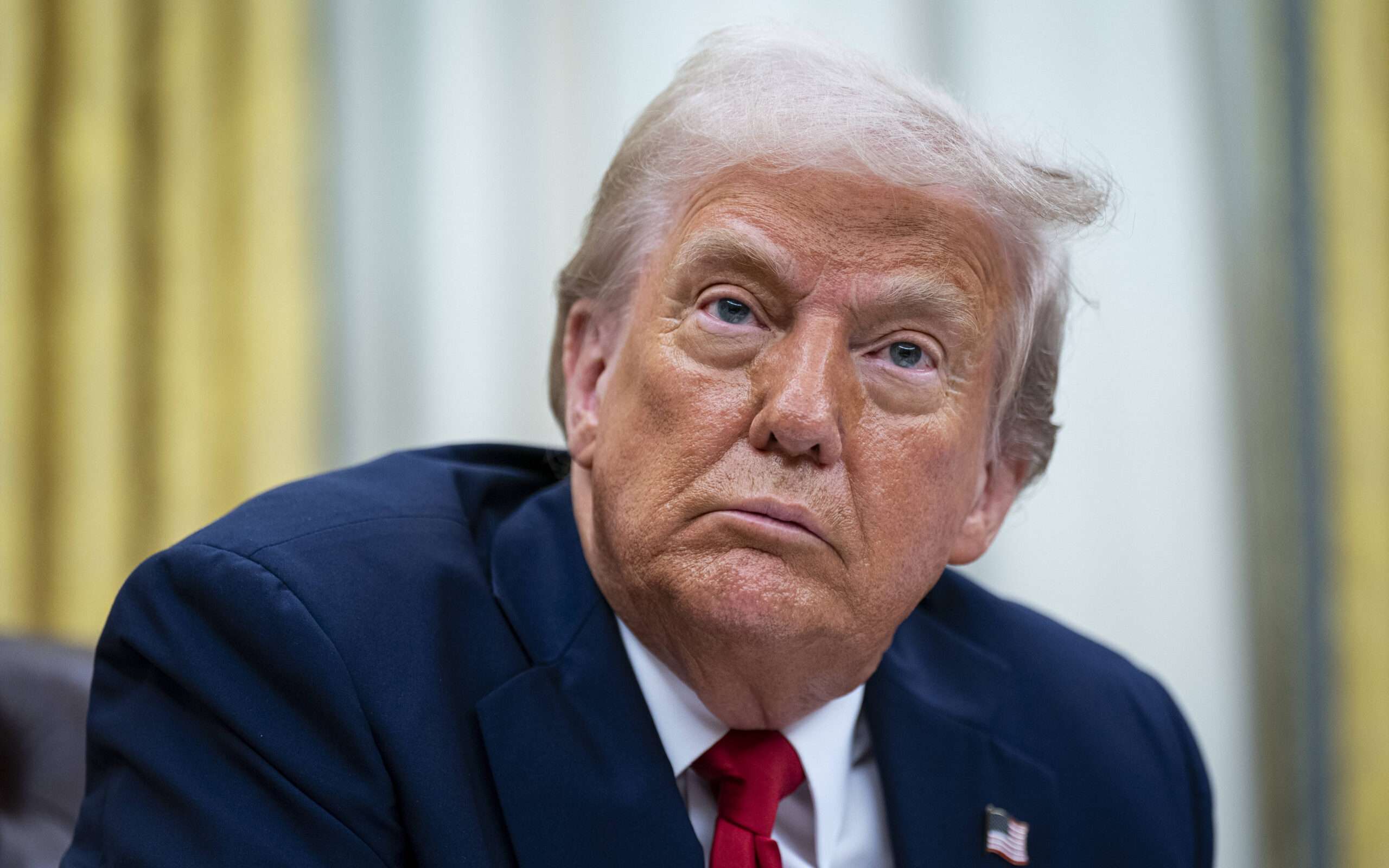Political Turmoil: Shin Bet's Role in Israeli Crisis
Explore the escalating tension in Israel as Shin Bet faces severe political accusations, internal investigations, and criticisms amid a broader security crisis.
Published April 17, 2025 - 00:04am
Image recovered from arabnews.com
The Israeli political landscape has been thrown into turmoil with the ongoing crisis centered around Shin Bet, the country's internal security service. Prime Minister Benjamin Netanyahu's government, represented by his Likud party, has called for the resignation of Shin Bet head Ronen Bar, citing a breach of trust. This stems from allegations that the agency is operating as a private militia of the so-called 'Deep State,' a term used to refer to an entrenched internal opposition within the government.
This controversy erupted against the backdrop of the October 7, 2023, incident, where Hamas militants infiltrated southern Israel, leading to the death of 1,200 people and the abduction of 251 hostages, marking one of Israel's worst security lapses. The government's frustration with Shin Bet is partly due to their failure to prevent this attack, despite running counter-terrorism operations. Netanyahu has openly stated his diminished confidence in Bar's leadership post-incident.
Further compounding the crisis is the revelation of a Shin Bet officer, identified only as 'A,' who allegedly leaked classified information to specific journalists and government figures, including Diaspora Affairs Minister Amichai Chikli. The information reportedly pertained to contentious Shin Bet investigations into possible financial entanglements of Netanyahu's aides with Qatar, adding layers of complexity and suspicion to the scandal.
The Supreme Court of Israel has temporarily stayed Ronen Bar's dismissal, acknowledging the overarching political and legal disputes swirling around the case. This pause comes amidst public protests and criticism aimed at protecting the integrity of Israel's democracy, which some argue is under threat from Netanyahu's handling of the scandal. The court's intervention has drawn attention to possible abuses of power and the critical role of judicial oversight in maintaining democratic norms.
There is also an ongoing internal investigation into the Shin Bet's operational protocols and security measures, particularly after the leak incident. The suspect, formerly a reservist in Shin Bet, has been accused of abusing his access to sensitive data. While prosecutors initially extended his detention, he was later released to house arrest, spurring debate around legal rights and investigative overreach in sensitive security matters.
The political fallout has not just been institutional but markedly public. Figures like Amichai Chikli and other far-right leaders have defended the accused, portraying the leaks as acts of heroism and the resultant probes as politically motivated assaults on whistleblowers. These views have stoked fears of polarization within the government and challenged existing checks and balances.
This situation exposes broader questions about governmental control and accountability, especially in areas encroaching national security. The Shin Bet was designed to protect against both internal and external threats, but its guise has recently been entangled in political infighting. Critics argue that focus has shifted from terrorist threats to internal squabbles, thereby diluting its primary mission.
Furthermore, the Shin Bet scandal could potentially impact Israel's strategic and diplomatic relations, particularly with entities directly influenced by political policies and intelligence operations. The influence of such events on future counter-terror strategies and potential reformation within the Shin Bet also remains to be seen.
As this complex narrative unfolds, it paints a picture of tumult within Israeli political and security systems. The outcomes of these controversies could redefine institutional roles and potentially drive legislative changes aimed at recalibrating relations between government bodies and intelligence agencies. Despite assurances of national security remaining a top priority, recent developments have spotlighted vulnerabilities and necessitated a reevaluation of Shin Bet's place within the Israeli defense framework.






